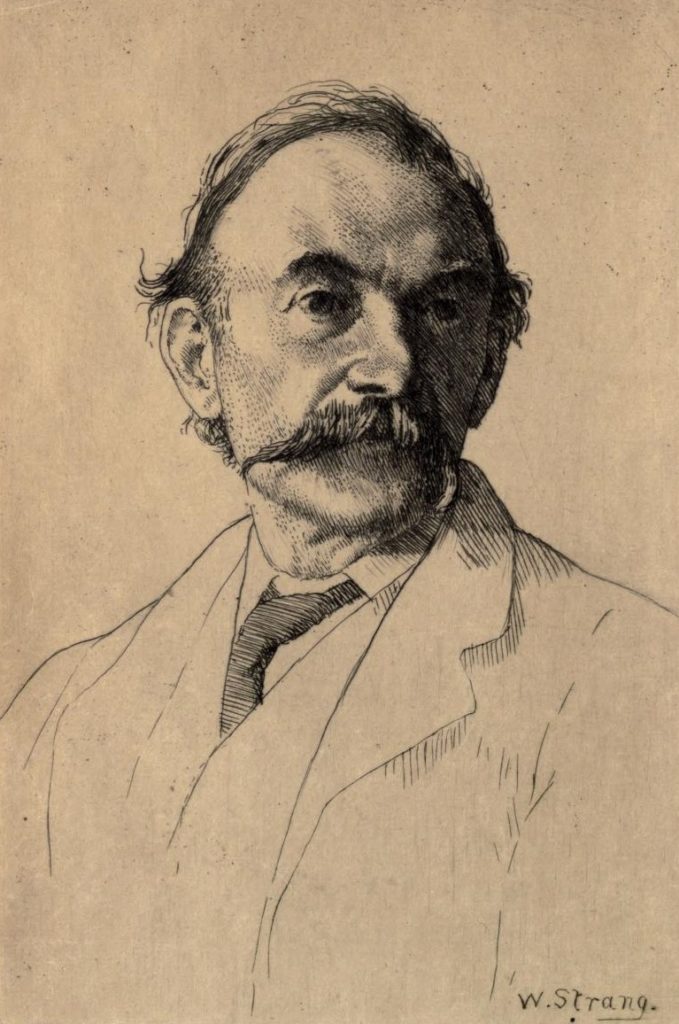
Long, long ago (1986), in a kingdom far, far away (Wolfville, NS), I wrote my Honours BA thesis on Thomas Hardy. In a feverish week or so, at the bitter end of two semesters of leisurely procrastination, I cranked out sixty-odd pages about—who the heck knows? My memories of the project are: a bunch of (probably trite) observations about Hardy’s use of darkness and light, hours of finger-cramping toil on a rented IBM Selectric, and the relief of being first in line at the photocopy shop the morning the thesis was due.
Hardy is not known for his humour. Quite the opposite. Yet there’s an anecdote about him that is one of the funniest things I’ve ever heard. The source of the story is lost to me. (Reminder: write everything down. Everything.) It goes roughly like this. A friend dropped by Hardy’s house one day and was greeted by the author’s wife. “How is his writing going?” the friend asked. “It must be going well,” said Hardy’s wife, “because he has been in his study all afternoon sobbing.”
Is it weird to laugh at that? Maybe. But I do. Every time.
I still admire Hardy, but authors who braid humour into their tragedy are my favourites to read. Take Anne Lamott, for example, whose ups and downs have made millions of readers chortle. Or Brian Francis, whose Missed Connections will break your heart and bust your gut. Or Donna Morrissey, whose new memoir, Pluck, chronicles a life of loss, darkness, and laughter.
Life is throwing grenades at a writer friend of mine just now. Family emergencies, medical problems, death, deceit, depression—it’s one bombardment after another. “If I could explain how hilarious this month has been,” began her recent email to me, “hilarious in terms of its horribleness.”
No wonder I like her.
